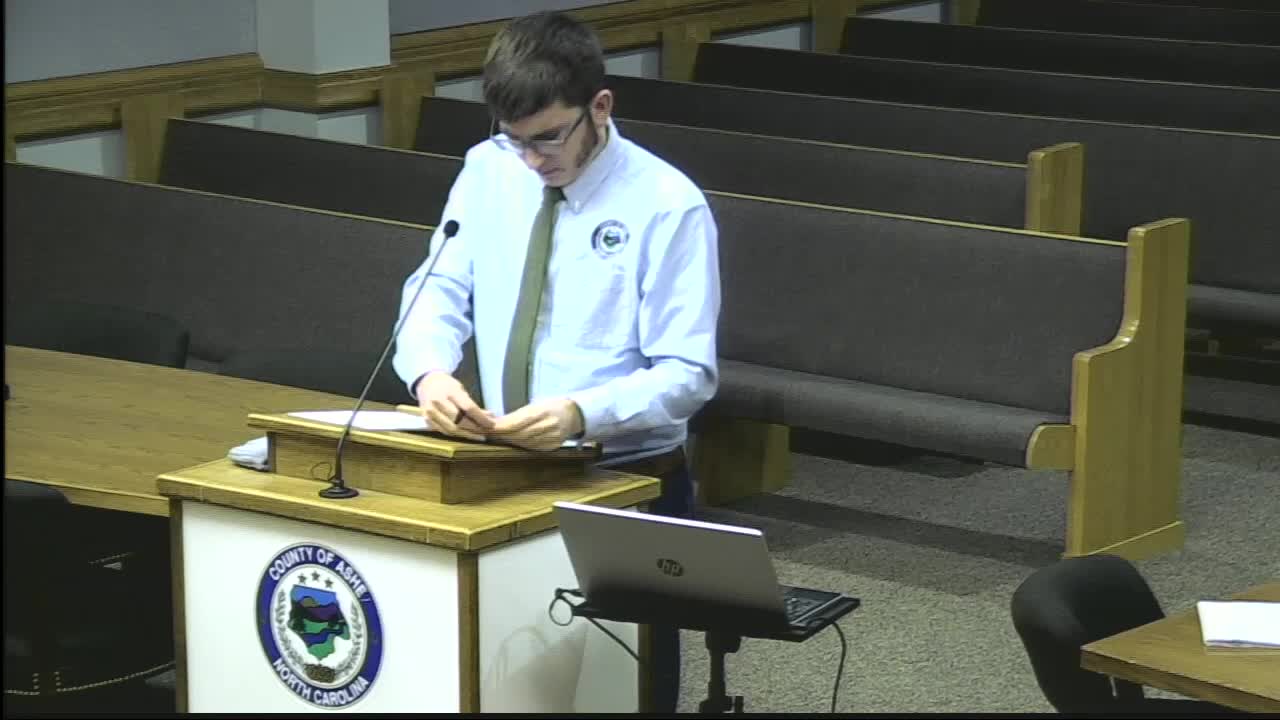Article not found
This article is no longer available. But don't worry—we've gathered other articles that discuss the same topic.
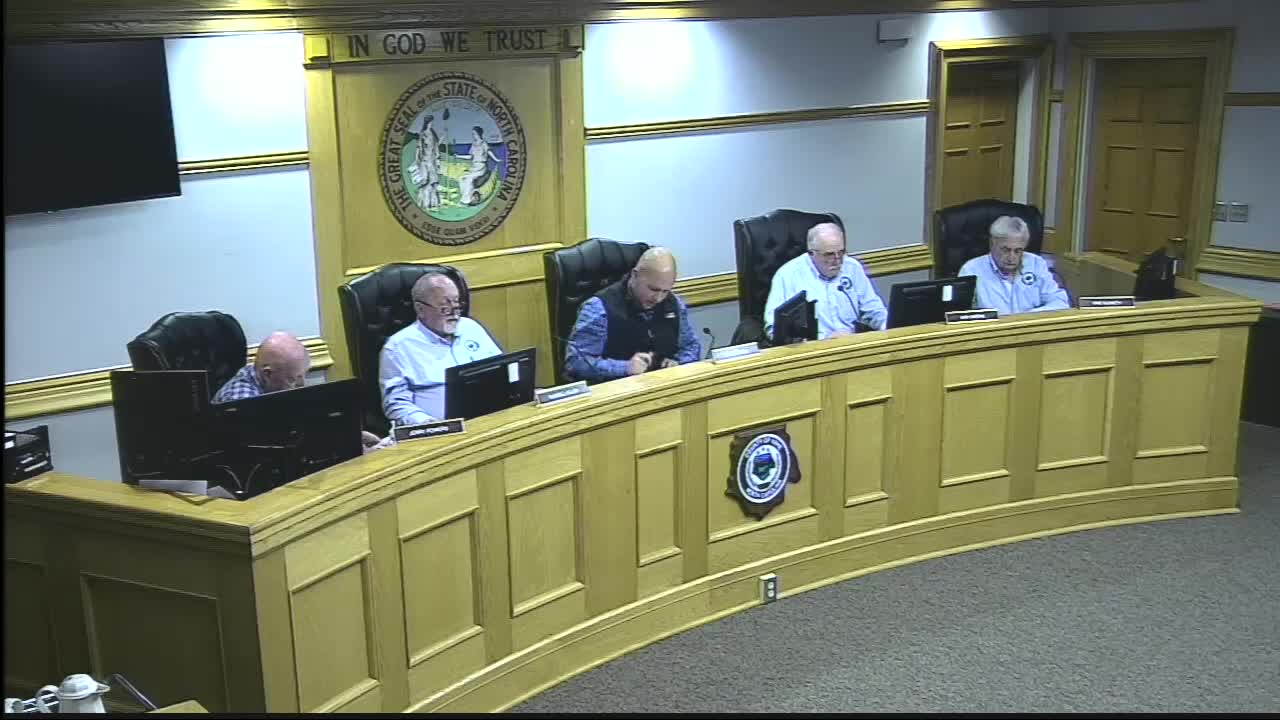
VIA Health updates commissioners on tailored Medicaid plan and storm recovery supports
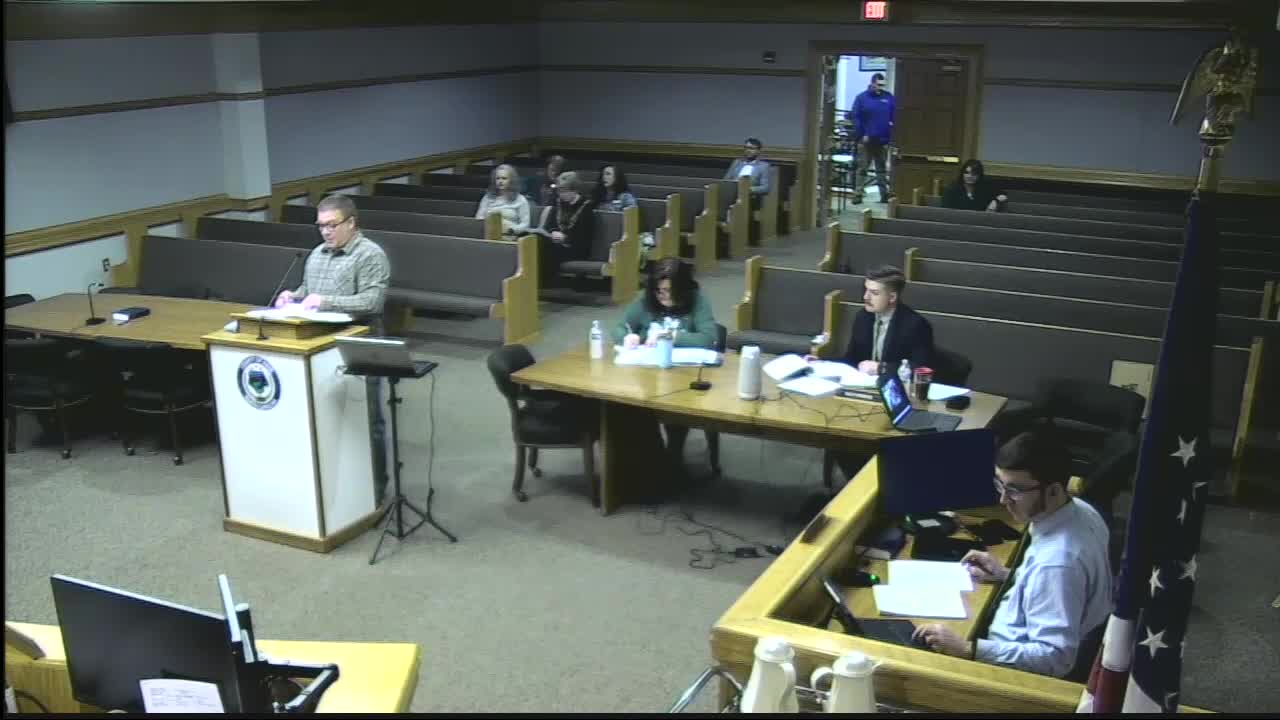
Ashe County tax official reports 97.89% collection rate; board approves advertising delinquent taxes
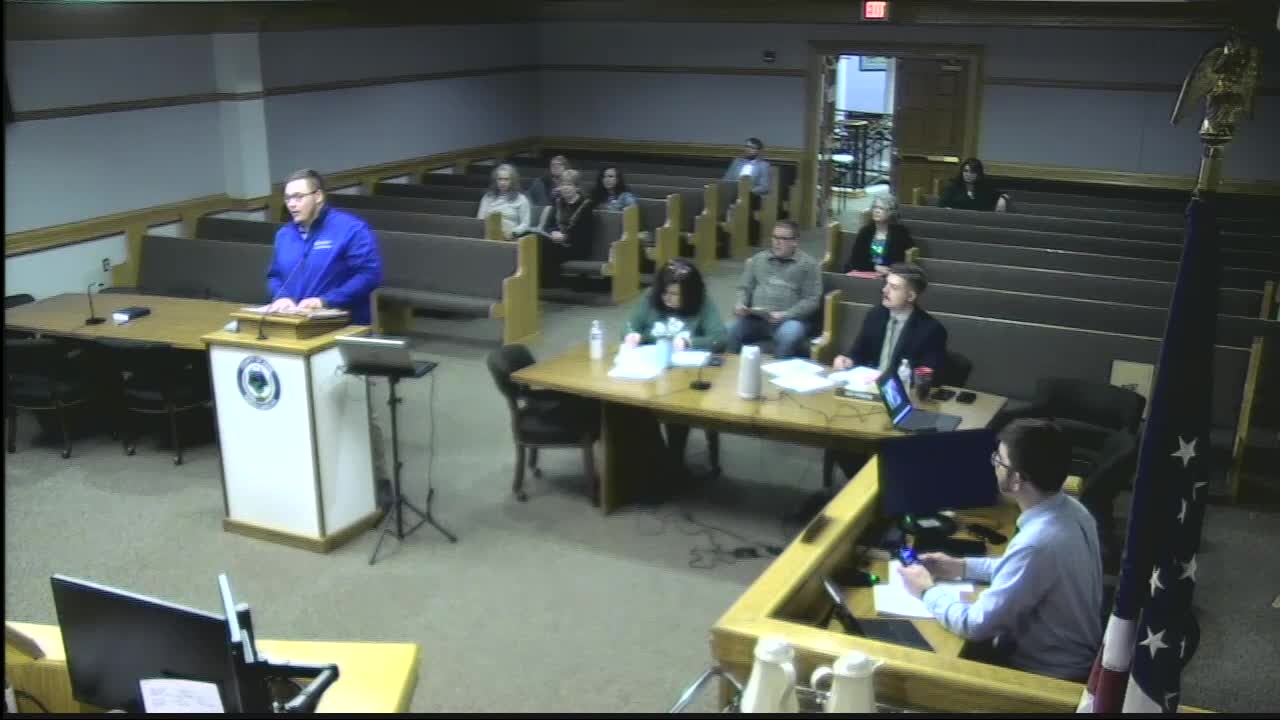
SBA representative urges Ashe County residents to apply for disaster loans before April deadline
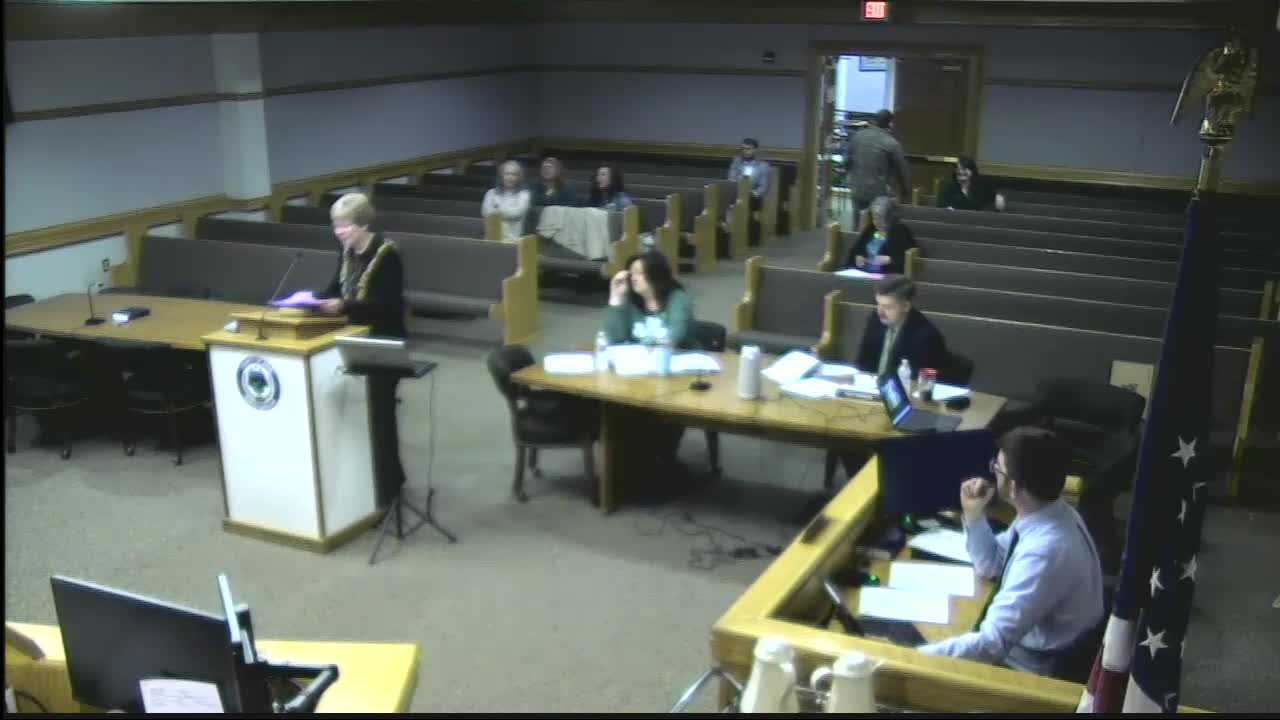
Ashe County proclaims April Child Abuse Prevention Month; local advocacy groups outline services
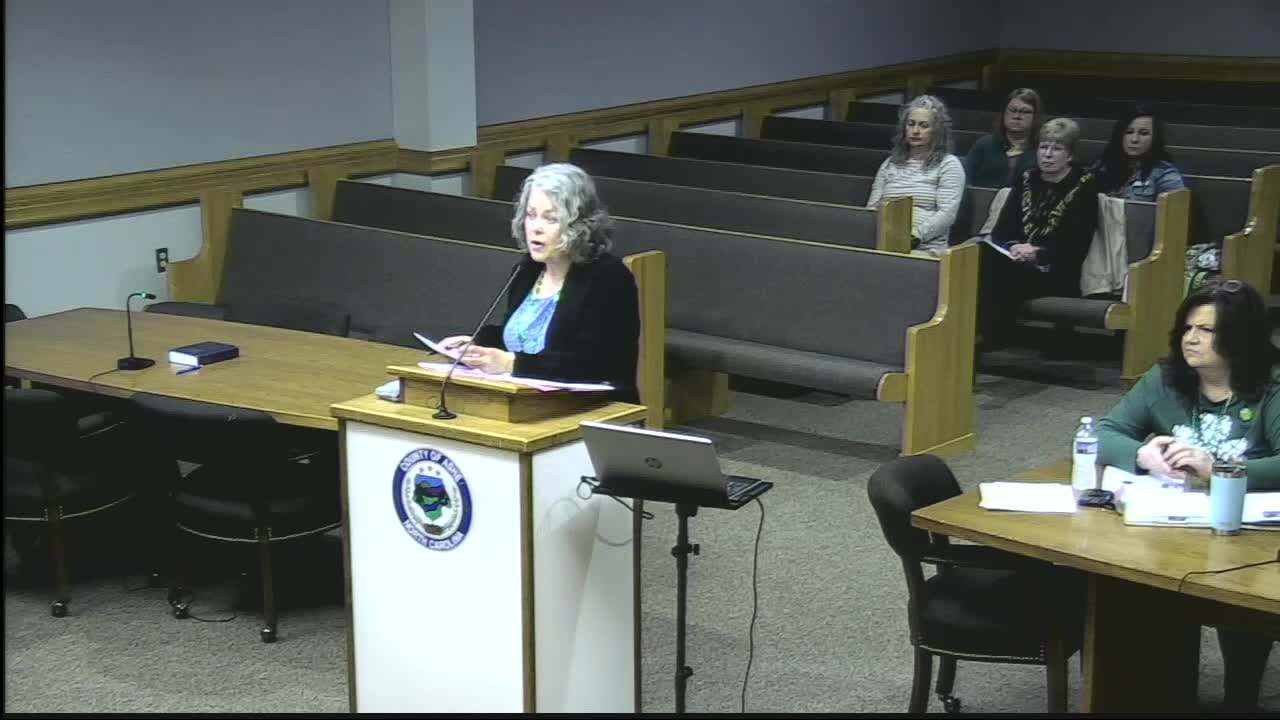
Ashe County shortens probationary period, updates longevity schedule and sick-leave transfer rules
